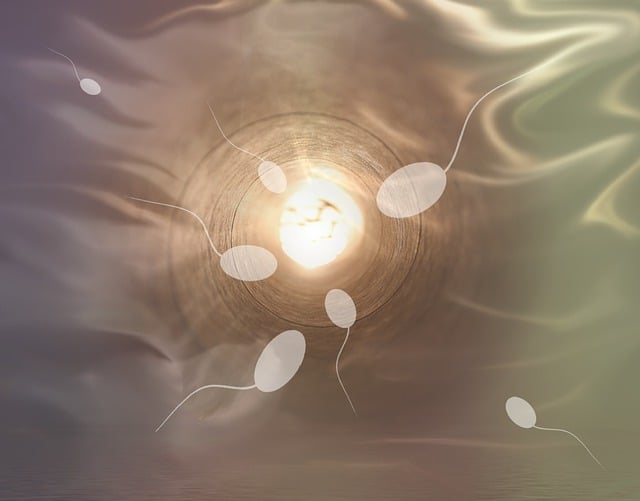If you’re trying to conceive and it’s taking longer than expected, you might be feeling anxious about your fertility. Are there things in your body or lifestyle that could be in the way? The best way to get clarity is through a thorough fertility evaluation. Dr. Emily Carter, a specialist in the field, highlights some common indicators of infertility that shouldn’t be overlooked.
Irregular Menstrual Cycles
For women, irregular menstrual cycles or the absence of periods can often signal potential challenges with conception. Menstruation is closely linked to ovulation, which is when a mature egg is released from the ovary each month. If you’re not ovulating regularly or at all, getting pregnant can be quite difficult. Dr. Carter explains, “An irregular or absent period usually indicates an ovulation issue. This is a frequent cause of infertility in women. Fortunately, we can often help you ovulate again, which improves your chances of conceiving.” In many cases, ovulation induction, which might just require some medication, can do the trick.
Age
Another crucial factor is age. As women get older, the quality of their eggs tends to decline, impacting their chances of conception. Additionally, the risks of miscarriages and genetic abnormalities rise. Dr. Carter notes, “Many believe that after 35, fertility drops sharply. While it does begin to decline in the 30s, the rate of decline speeds up after 35. Each year past this age is more significant.”
Fertility Treatments and Age
It’s a common myth that fertility treatments can completely offset age-related declines in fertility. Sadly, this isn’t true. Dr. Carter reminds us, “Age is one factor we can’t change. The success rates of fertility treatments decrease as women age, which may lead us to recommend more aggressive treatment options sooner.”
When to Consult a Fertility Expert
Women often hear guidelines about when to consult a fertility expert. Typically, women under 35 are advised to try naturally for a year, while those over 35 should seek help after six months. However, Dr. Carter clarifies that these guidelines only account for the duration of unprotected intercourse, not necessarily how actively you’ve been trying to conceive. “Infertility is defined as one year of unprotected intercourse without pregnancy,” she adds. After that point, it’s wise to consider an evaluation, but it doesn’t automatically mean you’ll require treatment.
Sexually Transmitted Diseases (STDs)
Sexually Transmitted Diseases (STDs) can also play a role in fertility. Even after successful treatment, infections like chlamydia or gonorrhea may cause scarring or inflammation that can damage fallopian tubes, complicating pregnancy or increasing the risk of ectopic pregnancies. “If you have a history of STDs, it’s good to get evaluated,” Dr. Carter suggests. Simple tests can help determine if your fallopian tubes are healthy.
Smoking and Fertility
Moreover, smoking (and even exposure to secondhand smoke) can hinder your chances of conceiving. It negatively impacts egg quality and affects the fallopian tubes’ ability to transport eggs and sperm. In men, smoking can impair sperm production and may lead to erectile dysfunction. “Studies show that smokers face lower pregnancy rates, even with fertility treatments,” warns Dr. Carter. Quitting smoking, even two months before starting treatment, can significantly enhance your chances.
Endometriosis
Lastly, if you experience pain beyond typical menstrual cramps, it could signal endometriosis, a condition where uterine tissue grows outside the uterus. This can lead to inflammation and scarring, potentially blocking fallopian tubes or affecting ovarian function. Dr. Carter advises, “If you have painful periods while trying to conceive, you should be evaluated for endometriosis. With the right treatment, many women with this condition can have successful pregnancies.”
If you identify with any of these symptoms, it’s essential to speak with a healthcare professional as soon as possible. Many fertility issues can be addressed, so don’t let these concerns stand in the way of achieving your dream of parenthood. You can also check out this blog post for more insights.
For those interested in home insemination, exploring resources like this artificial insemination kit can be incredibly helpful. And for a broader understanding of your options, WebMD offers an excellent resource on treatment choices.
Summary
In summary, various factors such as irregular periods, age, past STDs, smoking, and painful menstruation can impact fertility. Early evaluation and understanding of these issues can help you take proactive steps toward conception.

